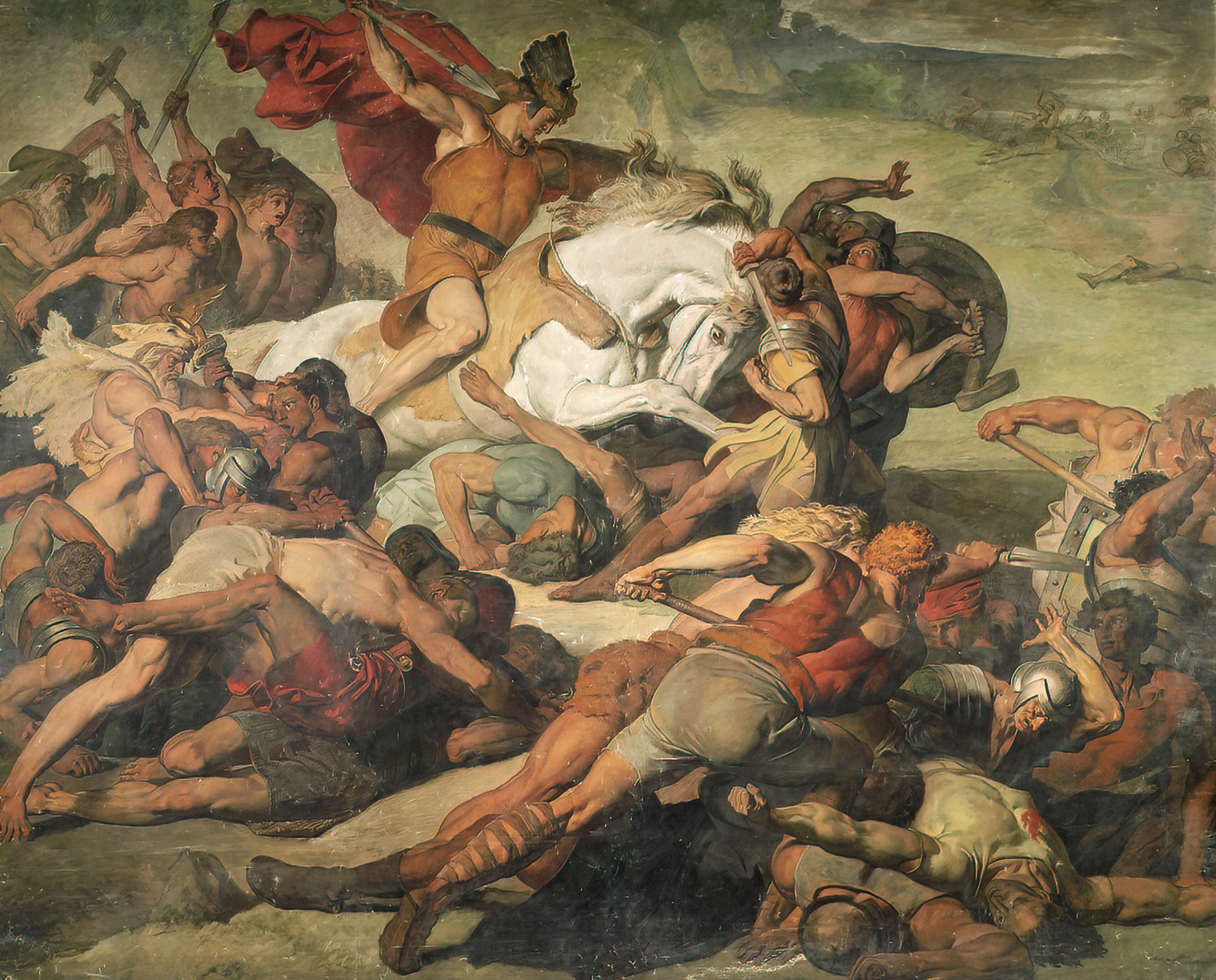


Berlinski: Why Humans Are Unique in the World of Matter

David Berlinski on the Immaterial, Alan Turing, and the Mystery of Life Itself

David Berlinski on Chickens, Eggs, Human Exceptionalism, and a Revolution

David Berlinski on His New Book, Science After Babel
On today’s ID the Future, host Andrew McDiarmid rings up Science After Babel author David Berlinski in Paris to discuss the philosopher’s latest book. Berlinski is at his cultivated best as the two discuss everything from the biblical Tower of Babel as a metaphor for modern materialistic science, to his friendship with the brilliant and colorful French intellectual Marcel Schützenberger, a world-class mathematician who was self-taught and, as we learn here, came within a hair’s breadth of being swept up in the Chinese Revolution. Berlinski also reflects on the seminal 1966 WISTAR symposium, which laid out some mathematical challenges to Darwinism, challenges that Berlinski says remain unanswered to this day. At the same time, Berlinski gives the devil—here Darwinism—its due. Read More ›

Medved, Berlinski Take on Steven Pinker and Whig History
On this ID the Future, Human Nature author and polymath David Berlinski and radio host Michael Medved discuss everything from human depravity, the burning of Notre Dame, and the Russian invasion of Ukraine to the Big Bang and a quixotic century-old pact to ban war. Berlinski argues that the case for the death of God and the case for the impending demise of human depravity have been greatly exaggerated. Contra Steven Pinker, Berlinski insists that there is little if any evidence that human evil is being steadily rolled back by the spread of secular values. Further, the idea that science has disproven God flies in the face of trends running in the opposite direction, perhaps most dramatically in the triumph Read More ›

David Berlinski on Nazism, Darwinism, Emotivism, and Nature Rights
On today’s ID the Future, Human Nature author David Berlinski continues his conversation with host Wesley J. Smith. Here Berlinski reflects on the Jewish Holocaust, the destructive nihilism of the Nazis and the SS, and the shortcomings of Neo-Darwinism as an explanation for the diversity of life. Berlinski and Smith also discuss the increasingly widespread attacks on human exceptionalism, the growth of emotivism and why it’s a problem, and the bizarre nature rights movement. This is the second and concluding part of a conversation borrowed, with permission, from Wesley J. Smith’s Humanize podcast.

David Berlinski on the Universal Civilization, Architectural Decline, and Fleeing the Nazis
On this ID the Future, host Wesley J. Smith talks with polymath and Human Nature author David Berlinski about the philosophy of mathematics, the corruption of science, the burning of Notre Dame, modern Europe’s curious incapacity to build graceful, beautiful structures, and what’s driving the devolution of Western society. But before any of that, Berlinski relates the dramatic story of how his parents, European Jews, escaped the Nazis only by the skin of their teeth. This is Part 1 of a two-part conversation borrowed with permission from Wesley J. Smith’s Humanize podcast.
Peter Robinson Interviews David Berlinski, Pt. 3
Today’s episode of ID the Future features the third and final part of a conversation between Uncommon Knowledge host Peter Robinson and Darwin skeptic David Berlinski, author of the newly released book Human Nature. Here the pair discuss the fate of Europe. Then they turn again to science, and the challenge the second law of thermodynamics poses for Darwinism and, by implication, to any theory of biological origins restricted to purely mindless processes. Berlinski suggests that this poses a considerable challenge, tempting Robinson to ask Berlinski whether he still consider himself an agnostic.
Peter Robinson Interviews David Berlinski, Pt. 2
This episode of ID the Future features the second part of a conversation between Uncommon Knowledge host Peter Robinson and polymath David Berlinski, author of the newly released book Human Nature. In this segment of the interview, Robinson asks Berlinski about a book by Nicholas Christakis, Blueprint, which argues that evolution has endowed us with a genetic makeup that drives human culture toward virtue and progress. Berlinski demurs, pointing to the horrors of the twentieth century and by noting that the virtues Christakis underscores, such as cooperativeness, can also be put to nefarious purposes. The Nazi Party, for instance, “was a marvelous engine of cooperation. All those Nazis cooperated with one another running death camps.” Robinson also asks Berlinski about Read More ›